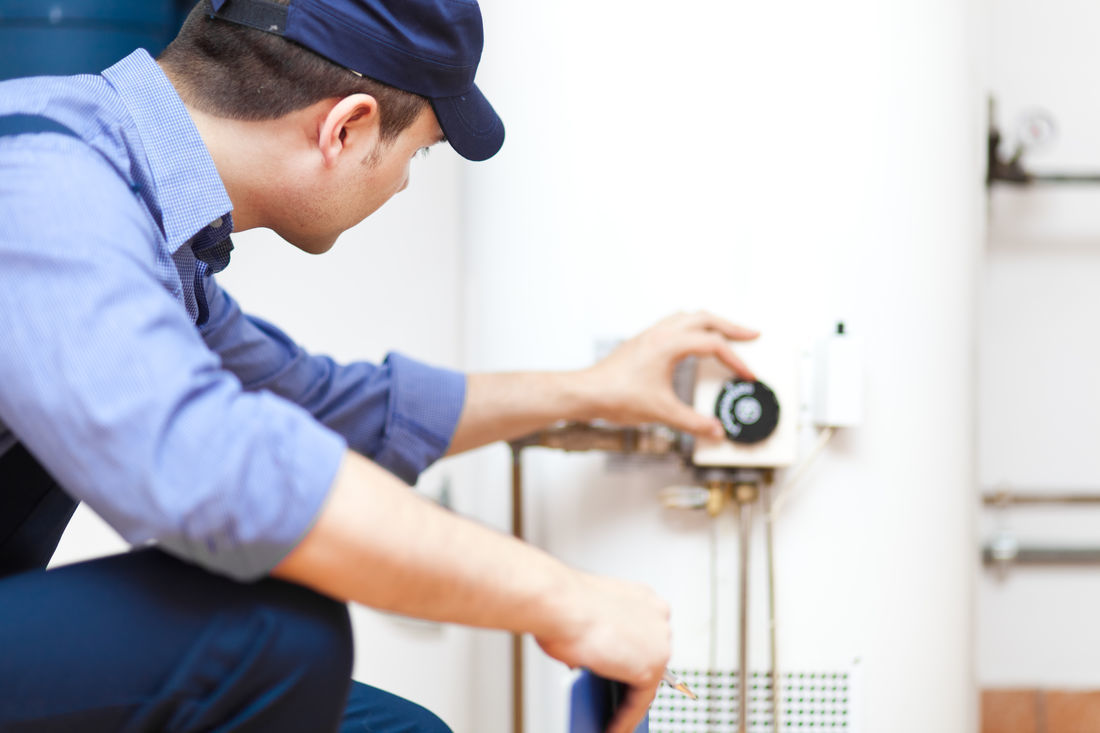Every year, just as winter starts, the word goes out – make sure you check your gas fittings for leaks. Gas heating is generally a safe and effective way to warm up your home, but many overlook the fact there’s a few essential maintenance chores you need to undertake on an annual basis to keep it running at peak efficiency.
Often our gas heating appliances are left unused for up to eight months a year (more if you’re in a sunnier climate), building up dirt and dust, providing summer homes for spiders and what not. When we go to turn them on again once the mercury drops, we can unknowingly be putting ourselves and our families at risk.
Part of the problem is that gas heaters and other appliances that aren’t serviced regularly have a higher chance of causing problems with carbon monoxide – a silent killer that’s important you take extremely seriously.
You can’t smell, see or taste carbon monoxide – when it’s present in an unventilated room it can make you feel quite unwell, Symptoms of carbon monoxide poisoning include headaches, dizziness and nausea. It causes chronic illness over time and, worst case scenario, put you into a deep sleep from which you may never awake.
Carbon monoxide is a particular problem in appliances with flues that don’t vent gas properly or are fitted by someone who doesn’t know what they’re doing. We often inherit homes with older gas fittings already installed – these can leak a small amount of carbon monoxide every day, but you'd never know it. If you can't afford to replace an old heater, it's worth paying your plumber to spend just 15 minutes doing a carbon monoxide check – it won't cost the earth, and it could save your life!
If, when you go to light your pilot light, you smell any gas at all, or something doesn't seem quite right, STOP! If the gas has built up over the summer, clicking that ignition button could cause a small explosion. To spot a leak, grab a bottle of soapy water and squirt it all over the gas fittings. If you see any bubbles, turn off your appliance, close the gas valve and call your plumber immediately.
Keeping your unit clean is another tip for ensuring it's working optimally (and keep your plumber call out costs down). Your user manual will probably include some great tips for cleaning, but at the very least you should be getting out the feather duster and vacuum to make sure no fluff, dust and lint build-up could potentially start a fire.
To prevent any issues, experts say you should get your gas heaters serviced every two years at least. But if your appliance is getting older, it's probably safer to have it checked every year before the winter months set in, and you need to use it more often. Always be sure to get your gas fittings serviced by a licensed plumber only and stay safe!
